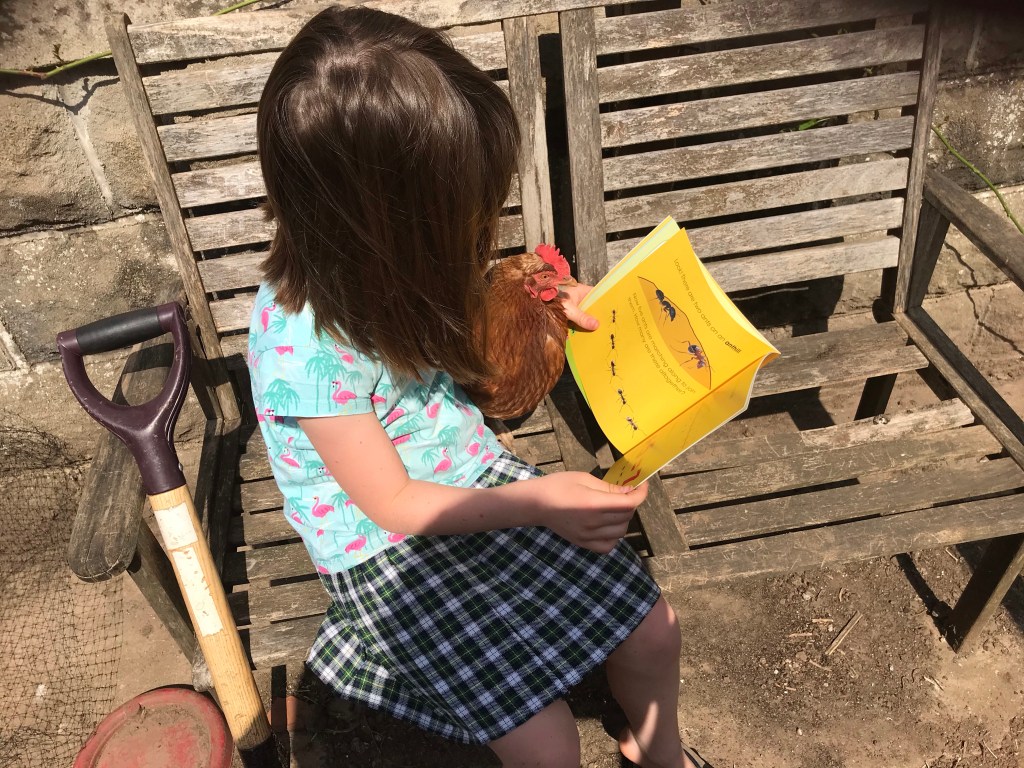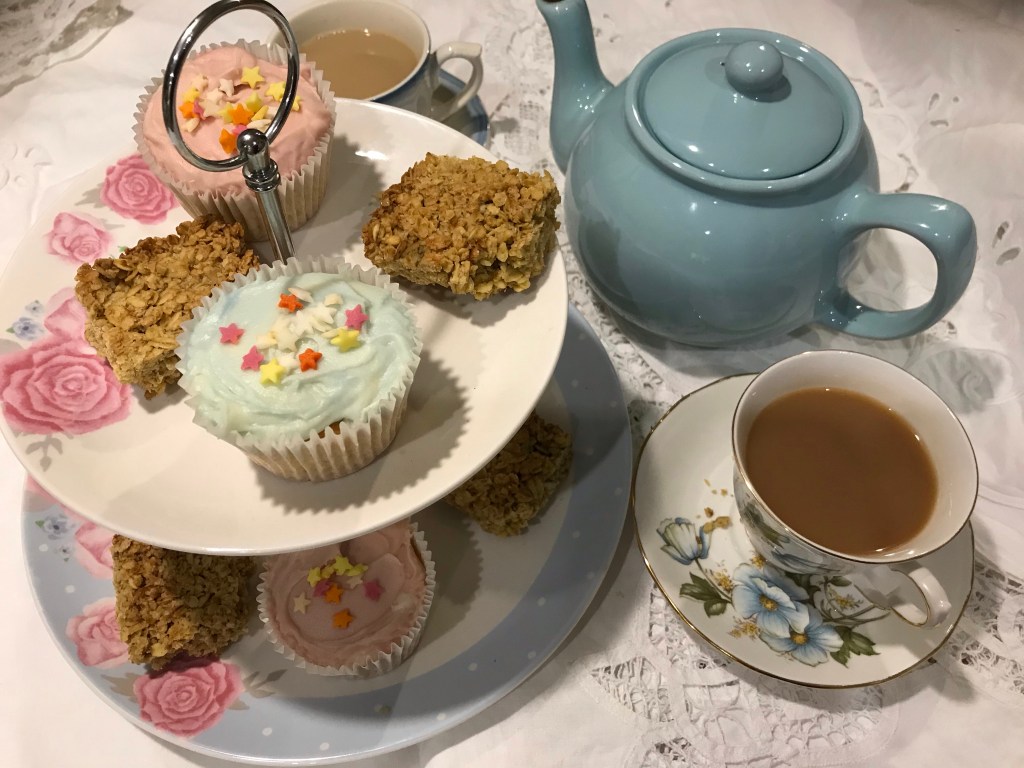
If you’re reading this as a delegate of the Learn Free conference, 2022, welcome to my blog where I’ve charted our family’s course through many seasons of life. To my much appreciated and loyal regular readers, I’ve somehow found myself, along with my wise and witty friend Sian, to be hosting the additional needs forum and speaking on the same topic. Learn Free is a virtual conference for home educators, organised by an amazing lady and tireless advocate for home education, Juliet English.
Several years ago I read Sally and Nathan Clarkson’s book “Different” and cried just about every time I picked it up. We have been entrusted with three out of four children who are “different” in some way. By this I meant that while each of our children/young adults are wonderfully and gloriously unique, three of them are wired in such a way that they require extra help or a different learning approach in either/both every day life and education.
Two are dyslexic. You can read more posts about this here and here . As an update, Rhythm Dude has just about completed his final year of a sports science Btech with distinctions throughout. This has been even more of an achievement as there has been a huge turnover of teaching staff and so very little consistency and certainty. He has coped incredibly well with this and has an offer from a Russell group university. This from the little boy who couldn’t (and still can’t) sit still and didn’t read fluently until he was about eleven.
Two are adopted and so live with issues caused by trauma in their early years. It says much for Dancing Toes that she holds her own so well and if in a school system I don’t think would receive any extra help. I know that what she does need is a bundle more of love and time, and home, even an often chaotic one like ours, is I trust the best place to give her this. And then our Sparkly Eyes; a colourful and hectic and beautiful kaleidoscope of differences.
Lanky Dude is the most chilled and rooted young man I know; he solidly stays on course throughout it all. We will so miss his calming presence when he moves out for Uni next year. I’m glad it’s not too far so if I need a dose of serenity and wisdom I can maybe book a coffee with him!

Back to Learn Free. I’m looking forward to “meeting” some of you and hearing your stories. Within the forum and in our talk we are planning to discuss, amongst other things, some practical solutions for our home educating lives. Here, however, I’m going to share more broadly some of what I am learning as I home educate children with additional needs.
Accept your child’s differences and embrace them. I know this sounds obvious but with many children their differences only become apparent as they get older and so it requires a shift in thinking. I find acceptance comes in waves.
Acknowledge their limitations and challenges. Again, this sounds oblivious but it’s taken me far too long to accept that I simply can’t get the volume of academic work done with the girls that I could with the boys. I need to allow time for their emotions and also also time to “de stress” after a difficult task, eg reading for Sparkly Eyes. I would have saved many tears (mine mostly) if I’d recognised this earlier.

Focus on and celebrate their strengths and abilities. Movement was a big part of Rhythm Dude’s home ed days and now he is heading towards a degree in sports science, where his ability to move and play sport is central. Dancing Toes is very capable, creative, sociable, loves dance and has emerging leadership qualities (observed by Sian….always good to have friends point out our children’s qualities). Sparkly Eyes is a bubbly people person. One of the many joys of home education is that our learning can be tailored around our children’s unique interests, characters and abilities. I’ve very much enjoyed approaching the same topic from different angles as I’ve learnt it with each child.
Develop tools and strategies to help your child be in the best place possible to learn. I think there is a difference between teaching a child to do an everyday task and teaching him/her to acquire an academic skill like reading, and I’ve found it helps to differentiate. For example, if my goal is to teach a child how to tie shoelaces then we will spend lots of time working on this and problem solving around it until one day she masters the skill. It might be stressful at times, but it’s a life skill she needs and so it’s worth taking the time and pressing through. However, if I’m trying to teach the same child who is also dyslexic to read, then it’s necessary to limit the stress in every other area. So….no shoes, a “pasta foot srunchy box”, fiddle toys, quiet environment, proprioceptive input beforehand…and then learning through games and movement and in short spells. I’m continually trying to find ways to enable Sparkly Eyes to be in the best position possible to learn, and am grateful I can be this flexible.

Accept that despite all your best efforts, some days just aren’t going to go to plan. As parents we all know this to be true, but when we’re home educating children with additional needs it is even more so. I’m quite goal orientated so it has taken me a long while, and I’m still learning, to accept that I often need to let go of my preconceived ideas of what I have planned for the day/week and be more flexible around the children’s needs.
Find your support network. Much as I was reluctant to step into the “special needs” community, gradually making friends with those who struggle with similar issues, who understand and don’t condemn has helped so much.
Keep in mind your why (educational philosophy). Helen and I often talk in our podcast about our educational philosophies, or our “why’s” of choosing home education. It’s good to look back every now and then to keep perspective. For us, relationship is central; our relationship with God, within our family and with others. More and more I’m convinced that if, by God’s grace, our children can leave our home as young adults with a strong faith, equipped to act justly, to have compassion, with the ability to think critically and relate well to others, everything else will follow. Learning about endothermic reactions in chemistry doesn’t then seem quite so important.
Make space for lots of fun. As relationship is central to our home education we’ve always had at least one day which has been “outing day” or “fun day”. On this day we don’t attempt to do any formal learning but go out and have fun. These days come high in the list of good memories for the boys and I actually think they both, especially Rhythm Dude, gained loads of knowledge and understanding of the world as we visited many interesting places. The girls and I now have Fun Fridays. One of our favourite things to do is to meet Sian and her girls at a National Trust property. Our days often have less of an educational focus than in the past but are more about restoring any fractures in our relationships that have developed over the week and creating lots of fun memories. I love our Fridays!

Seek out professional help. I realise everyone has different thoughts on this and so this is just our experience. We got a diagnosis for dyslexia for Rhythm Dude when he was young, and this not only changed the way I taught him to read and write, but has also enabled him to have access arrangements in place for exams. This continues into university so was well worth the investment. As Sparkly Eyes has a more complex medley of uniqueness, I prayed for years about how to get the best help for her. Just as education is not neutral and springs from the worldview the teacher or curriculum holds, so psychology and therapy can’t be neutral either. I wanted help which came with all the grace, truth, power of healing and unconditional love that comes from a Biblical worldview. I finally came across CHOTS at a conference a couple of years ago and I can’t recommend Anne Laure and her courses highly enough. Do check out her talk this week. Working through her programme has not only given me practical tools but has helped change my attitude and expectations and I’m forever grateful.
Don’t compare. This is also something which sneaks into many of our podcasts. It’s so easy to do, and I think might be especially pertinent in the world of home education as we are throwing our all into raising our children. Your family and your situation is unique. Be bold and courageous and walk your own creative and colourful pathway.
Look after yourself . This is said so often; it’s probably especially true when parenting a child with additional needs but is also probably more difficult to achieve. Child swaps may be harder/impossible, lack of concentration may make “quiet times” impractical. Circumstances may not allow you to have much time physically away from your children, but we will talk more about finding small ways to replenish your mind, body and soul within these constraints.

Accept and enjoy the journey. Something has certainly changed in my heart over the last couple of years, largely I’m sure due to my soul sharing chats with Sian (while we bribed the girls with biscuits and ice cream) and the beautifully gracious CHOTS community. I’ve been blessed with an amazing family, my hearts desire. It’s not always easy and is far harder than I would have expected, but there is so much joy to be found in the every day as I let go of my expectations and accept God’s pace and His grace. As I let tears of frustration mingle with tears of joy, precious seeds will be watered and one day, with God’s grace and in His time, I pray beautiful fruit will appear.


You cover much, mingled with joy and tears.
LikeLiked by 1 person
The joy mostly wins through, especially if there is tea and cake in the offing!!
LikeLike